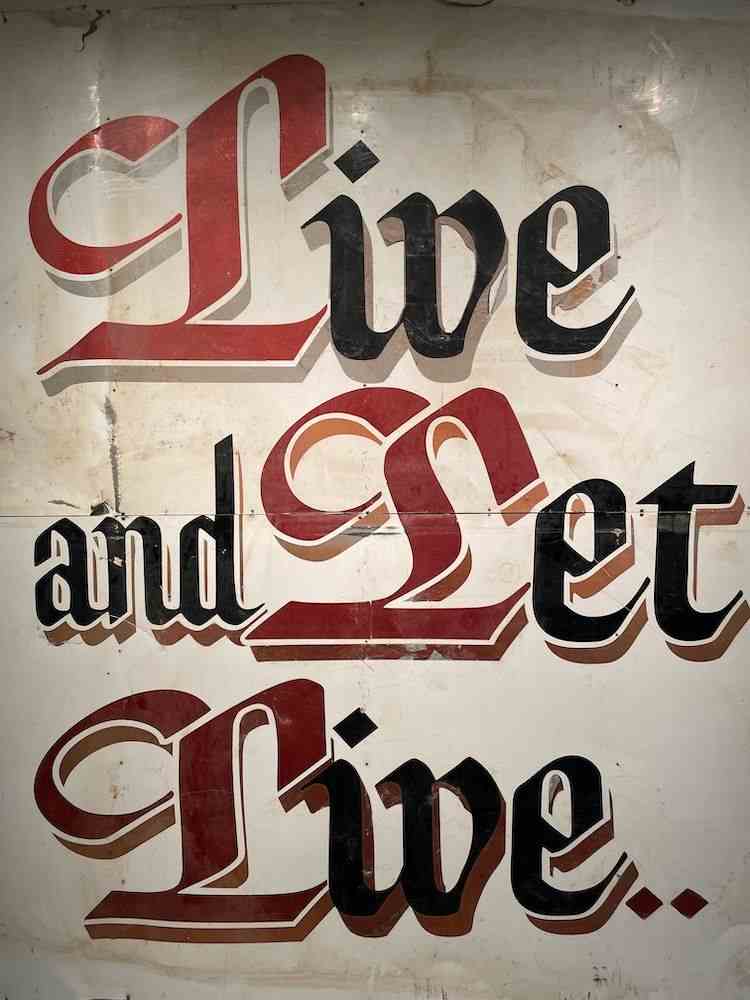For much of my life as a writer, I’ve been a fire-and-brimstone critic. My favorite targets these days are elected Republicans, whom I consider to be existential threats to women, people of color, the LGBTQ+ community, immigrants, and non-Americans. It feels as if most conservatives want me to shut up, embrace God, wave my American flag, support the police, submit to my husband, and make lots of white babies.
There’s a lot to fight against in those assumptions! And I’m beginning to realize that this flat, simple characterization of my political opposites may be cathartic—but it’s not persuasive or useful.

(Yachats, Oregon on 9/11/2021, “Statue of Liberty”)
This toxic polarization of the U.S. is an excruciating cancer within our society. We suffer a media landscape that thrives on feelings of indignation. As Facebook’s research has shown, angry clicks are the key to engaging our attention. And with so many local networks failing or being gobbled up by conglomerates such as Gannett or Sinclair, struggling outlets are left with little choice than to go for someone’s jugular. There are no repercussions for stirring Americans into a fevered frenzy on the right or the left—and if news organizations don’t get people’s attention, they’re outperformed and they die.
None of this is conducive to civil society, which is built on discourse, empathy, honesty, compromise, and non-judgment. Our collective condemnation of leftists or right-wingers stultifies the soul of our country—and I want to change that within myself.
Here’s the thing: Every denunciation can be expressed affirmatively, painting a picture of my ideals rather than shooting down their antitheses. It’s more difficult to build a vision than it is to knock someone else’s down, but it’s much more effective.
Criticism makes folks clam up, retreat, withdraw, and prepare their defenses. Calling people out doesn’t change hearts and minds but it causes them to dig in their heels and bite back. I may think that someone’s views are reprehensible, but unless I present a positive alternative with room for discussion, we remain at a hardened impasse with mutual animosity.
The most powerful progressives throughout history have mastered this technique: Mahatma Gandhi, Ruth Bader Ginsberg, Martin Luther King Jr., Barack Obama, and others have a gift for expressing the world they’re trying to create rather than simply denouncing their opponents. They have more universal appeal than figures I also admire such as Malcolm X, Gloria Steinem, and Alexandria Ocasio Cortez—folks who are known for attacking racism and misogyny head-on.
Don’t get me wrong: I adore leaders known for their eloquent take-downs of autocrats, bigots, and liars, and I believe their statements will age well because they’re on the right side of history. But in day-to-day dealings with those with whom I disagree, embracing a firm, positive expression of my ideals is more compelling.
As an exercise, here are some of my beliefs expressed as prickly call-outs and reframed as affirmations:
My call-out: “Elected Republicans are racists. Just look at their virulent attacks on Black Lives Matter.”
My affirmation: “The economic prosperity of the United States was built on the institution of slavery. We’re only a few generations removed from that inhumanity and we still live with the noxious effects throughout our systems and society. Harvard’s School of Public Health found that Black folks are three times as likely to be killed by police than whites. Black Lives Matter is a necessary response to these inequities and injustices. It’s not an anti-white movement—it’s anti-racism, and I support that.”
My call-out: “Elected Republicans are racists. Just look at their defense of Confederate monuments.”
My affirmation: “Many Confederate statues in the United States were built during the Jim Crow era to reassert white supremacy. We don’t need public sculptures of incendiary figures to remember their place in history. The South has many people more deserving of public monuments. For example, Robert Smalls from Beaufort, SC was born into slavery. He stole the Confederate ship CSS Planter, freeing his family and crew. He eventually founded the Republican Party of SC and was elected to the U.S. House of Representatives during the Reconstruction era. He’s a hero we all should know and celebrate.”
My call-out: “Elected Republicans are cheaters. Just look at their targeted voter suppression tactics.”
My affirmation: “We need to support making voting easier because everyone’s voice is important. The International Institute of Democracy and Electoral Assistance just added the U.S. to its annual list of backsliding democracies. We need to turn that around. It’s unfair that some folks—especially in predominantly Black areas such as Union City, Georgia—have to wait in line for hours because there are too few polling places. My state Oregon has automatic voter registration at the DMV and universal vote-by-mail. As a result, we have one of the highest voter turn-outs in the nation. Implementing that model across the country would facilitate access to the ballot—a right enshrined in the American Constitution.”
My call-out: “Elected Republicans are misogynists. Just look at their anti-abortion views.”
My affirmation: “Forcing a woman to be pregnant against her will is an assault on her rights. We should all be able to determine our individual reproductive and medical choices without the intervention of any government, court, or church. Bodily autonomy is the foundation of liberty. ”
My call-out: “Elected Republicans are anti-science morons. Just look at their refusal to support any climate change legislation.”
My affirmation: “Reducing the consumption of fossil fuels will benefit our people and planet. Just as Nixon’s EPA helped to clear the smog from America’s skies and litter from her streets in the 70s, we can lay the foundation for a healthier global future. It also presents a unique economic opportunity as we transition to more sustainable forms of energy, such as wind, solar, and nuclear.”
You get the picture. It’s always easier to say “Fuck those guys,” but in talking to folks about any issue, it’s more convincing to give an impartial assessment, planting seeds in people’s minds about how to create another way. Drawing a vibrant picture of how we can improve upon the society and institutions we inherited is the way forward.
Also, we must leave the door open for folks to evolve, giving a clear path to redemption for those who have strayed. Rage hardens conflicts and polarizes opponents—dialogue helps to bridge divides and chart the best path for the future.
I’m going to do my best at softening my criticisms and sharpening my affirmations. The clearer I can express my ideals without judging others, the more persuasive I can be.


This is the hardest work, but for all the reasons you’ve stated, I too believe that nuance is more effective than digging in our divisive heels. Nuance is also much more difficult and time-consuming which is hard when important issues of equality and rights are immediately at stake. We can do hard things.
Yes, and sometimes I get so caught up in the perceived obstinacy of my political opponents are that I forget how stubborn and judgmental I’m being.
I see the same polarization happening in my country Argentina between peronistas and non peronistas. I believe the rhetoric needs to be brought down and a common ground needs to be found for the country to get back on its feet and start growing again.
Agreed! Thanks for reading, Juan. I used to live in Argentina! http://bloresrazor.com/the-worlds-best-small-town-that-youve-never-heard-of/